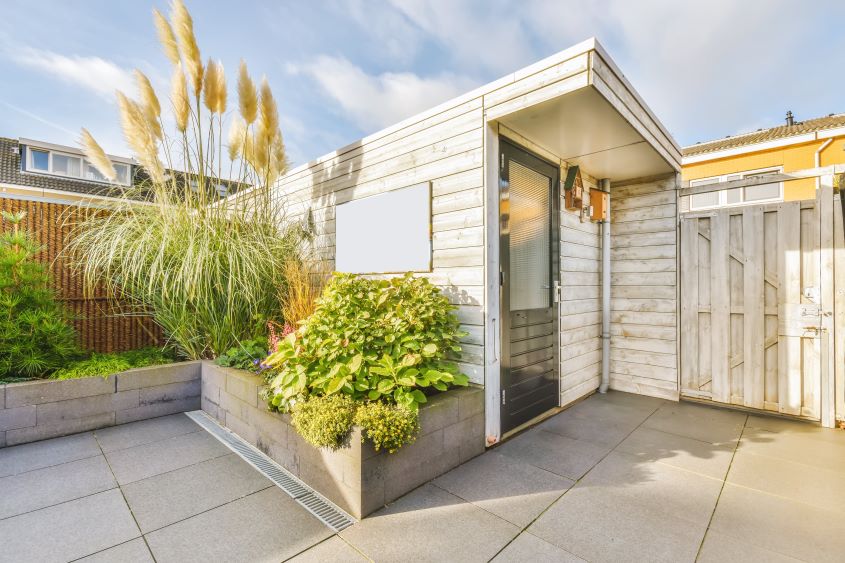
Can My Business Pay for an Office in My Garden?
Increasingly, workers and business owners are enjoying work away from the office. 14% of the UK are working from home in 2024, and many report that this arrangement not only boosts their work-life balance and well-being but also allows them to complete tasks quicker and with fewer distractions than in a traditional office setting.
But if you run your own business, what if you could build a garden office at home and potentially save by placing it under your business’s name? This guide dives into whether you can and explores the taxes and expenses involved.
Is My Garden Building Claimable as a Business Expense?
You can indeed build your garden office under your business’s name but don’t expect this to be a tax-deductible expense right off the bat. Instead, it’s classified as a capital expenditure, meaning it’s a long-term investment into assets. This doesn’t offer immediate tax relief, but parts of the building are eligible for it, along with potential savings on future outgoings.
What Parts of Building a Home Office are Tax Deductible?
Initially, there’s no tax relief available for the materials or construction of the garden office. This is because these offices usually sit within residential property, meaning they’re not exempt from regular taxes. However, installing utilities such as water, electricity, or broadband might bring joy. These costs are covered under the Plant and Machinery Allowance, which includes electrical wiring, plumbing, and insulation. You can also claim capital allowances on any furnishings, and let’s not forget ongoing costs like water and electricity that count as permitted business expenses.
Here’s a snapshot of what you can claim:
- Installation of utilities (water, electricity, broadband)
- Fixtures, fittings, and furnishings
- Ongoing running costs (like water and electricity)
What VAT Payments Can I Reclaim?
If your business is VAT-registered and steers clear of the Flat Rate VAT scheme, you’re in a position to reclaim VAT paid on the building and its contents, which includes everything from equipment to furniture. However, be cautious if you use the garden office for both personal and business purposes, as reclaiming the full amount of VAT might not be possible if you use it for personal use. HMRC often expects personal use and will require evidence to the contrary.
Is Capital Gains Tax an Issue?
If you ever decide to sell your property and the garden office has been used exclusively for business, then yes, you’ll face Capital Gains Tax. But if the office sees some personal use, you’ll avoid this tax, though you might lose some VAT claims and income tax relief. The rules can become quite complex, especially if your garden office is a fixed structure since both the limited company and its directors might partially own it upon the sale of the property. In such cases, consulting with an accountant is crucial.
This situation can be muddied if your office is found to be used for personal purposes, as no Capital Gains Tax (CGT) will apply when you sell your home. So, there’s a push and pull between whether to use the building for personal use as well as business, with different benefits for each. But if you’re firmly settled in your home and your plans are to stay put, dedicating the office solely to business might be the smarter choice.
Consult a Professional Small Business Accountant
If you’re looking for advice and guidance through the process of building a garden office for your business, you’ll want a trusted accountant by your side. Stonehouse’s small business accountant services in Peterborough are highly regarded, helping you manage everything from bookkeeping to VAT, tax returns and bookkeeping. Let us handle the numbers and find the best solution for you, so you can enjoy your garden office and your work. Contact us today to discover how we can support your journey.
